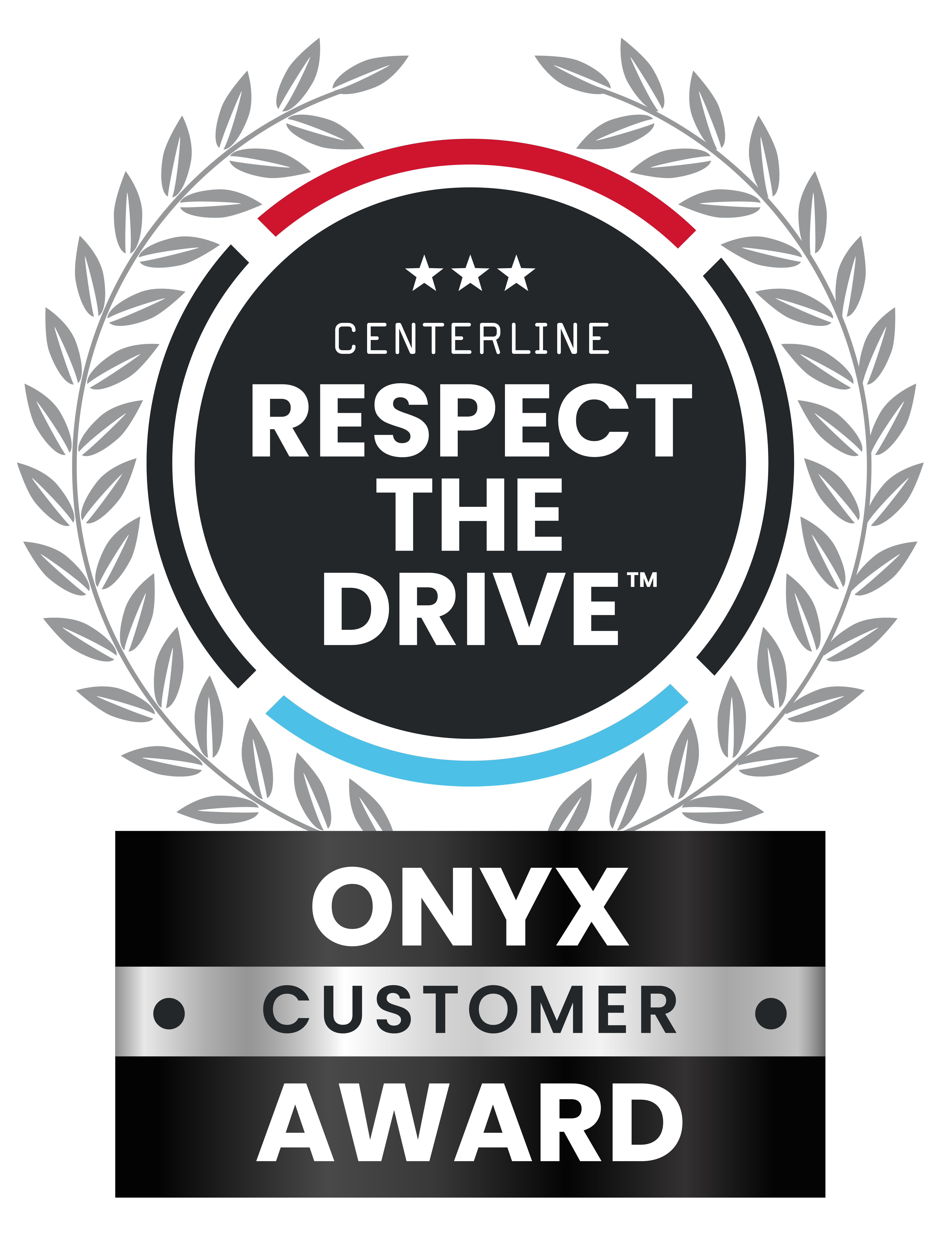
Seventy-seven percent of employees consider work-life balance critical to job satisfaction. Yet, only half (50%) say they would leave a job due to poor work-life balance, revealing a clear gap between what people value and what they actually experience.
So, what happens if the person grappling with this issue works as a driver?
Effects of poor work-life balance for drivers
Truck drivers face unique challenges that make work-life balance difficult, and the consequences extend beyond personal well-being. Fatigue is one of the most serious risks. According to the CDC, long shifts, irregular hours, and night work can lead to chronic fatigue. Drivers who sleep fewer than six hours per night are twice as likely to report fatigue symptoms compared to those getting seven or more hours. This fatigue, when combined with long driving hours, greatly increases the risk of accidents, highlighting the seriousness of the issue.
Beyond fatigue, poor work-life balance contributes to long-term health problems. Research notes that drivers often experience high stress and limited opportunities for physical activity, which can lead to obesity, hypertension and cardiovascular disease. Isolation on the road also increases the likelihood of mental health challenges, including depression and anxiety.
Low work-life balance equals increased turnover
Poor work-life balance doesn’t just affect drivers’ health—it also drives them to quit. The American Trucking Associations (ATA), projected that the industry would face a driver shortage of more than 82,000 in 2024, up from the 60,000 gap estimated for 2023. This highlights the ongoing challenge of recruiting and retaining qualified drivers, particularly as long hours and demanding schedules increase the risk of burnout.
The expense of replacing drivers can add up quickly. In 2024, the estimated cost of losing a single driver reached $12,799, including recruiting, training, and lost productivity, as well as disruptions to delivery schedules and customer relationships. Each replacement directly affects a company’s profit margin.
By addressing the root causes of turnover, companies can retain experienced drivers, reduce the financial burden of constant recruitment and create an environment where drivers can thrive both on the road and at home.
With balance comes happiness
Providing drivers adequate time at home can also increase their levels of happiness. They don’t feel like they are living just to do their job. Instead, their schedule allows them the ability to take an active role in their home life too.
This can relieve some of the stress on their spouses or partners as well because they’re able to handle a few of the home obligations, resulting in stronger and better relationships.
A happy employee is a productive employee. They have a more positive, can-do attitude. They are also more willing to put their time in at work because they’re getting enough time at home.
Improving drivers’ balance between home and work
There are a few things employers can do to promote better work-life balance for their drivers. These include:
- Making it easier to stay in touch with loved ones. If your drivers are working long days, giving them the ability to keep in communication with home can help them stay connected. This could be as simple as making sure they take regular breaks to check in with a quick phone call, or it might involve equipping your fleet with Bluetooth technology so they can talk while they drive.
- Being flexible with scheduling when you can. Some deliveries must be made within a certain time frame. But if there is any flexibility in delivery time, being flexible with your drivers’ schedules can allow them to participate more at home without impacting their work productivity or efficiency.
- Approving time off for important events. Day-to-day work-life balance is one thing. But when work makes it impossible to attend important family events, it can cause even greater issues, potentially causing the driver to want to quit altogether. When possible, give your driver time off to be present at events that are typically attended as a family. This includes births, funerals, graduations and weddings. Kids’ school and extracurricular events are important too, so make attending them possible when you can.
- Encouraging adequate sleep. It’s difficult to be happy at work or home when you are sleep-deprived. While businesses can’t tuck each employee in early every night, encouraging drivers to make sleep a priority can help reduce daytime fatigue.
- Stressing a healthy diet and exercise. Sitting behind the wheel all day and eating a majority of meals from drive-thru fast-food places doesn’t do drivers any favors when it comes to their health. Eating healthy foods and engaging in regular exercise can help them feel better mentally and physically, which makes it easier to participate in activities both at home and work. Teach them stretches or simple exercises they can do on their stops to ease driving-related aches and pains.
Teaching your drivers how to have a good work-life balance can increase their happiness, improve their health and make it more likely that they will continue to work for your business long-term—making it more than worth the effort.
With Centerline, you can drive local routes with steady, reliable hours and competitive pay. Driving with Centerline means you still get to live your life.
Learn more about driving with us or search available jobs here.






